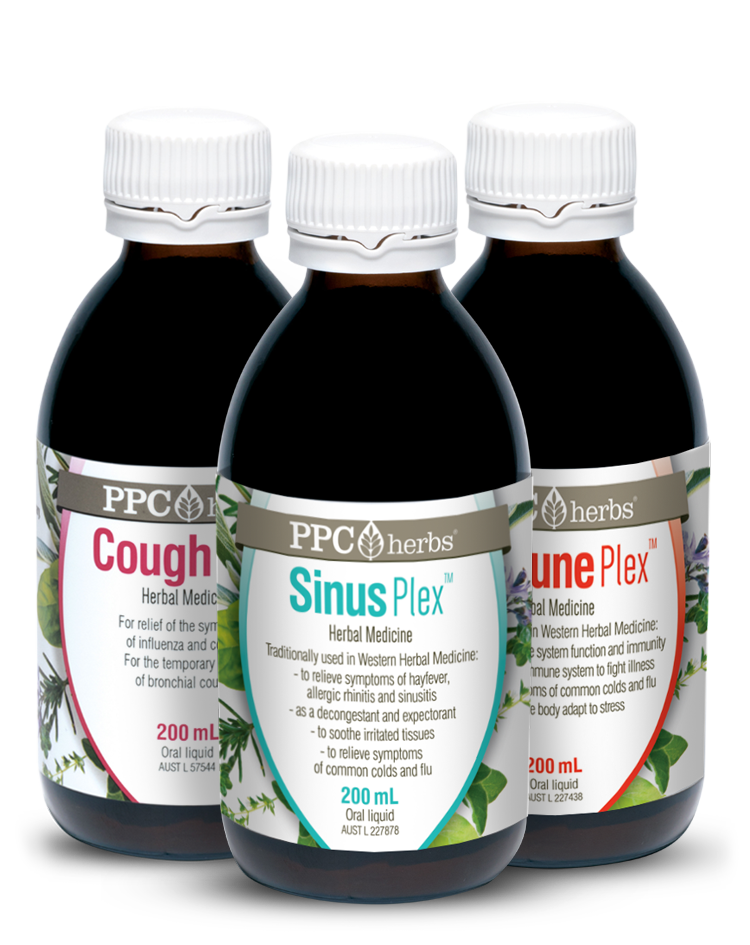We ask the question: Are liquid extracts Better Than Pills When Taking Your Medicines Or Remedies? Medical studies have shown that liquids, including herbal extracts, have faster absorption rates; higher optimisation rates and are more easily digestible than their solid counterparts. When comparing forms, liquids may have a big advantage over pills when it comes to swallowing.
Most people, especially the elderly and young children, tend to have more difficulty swallowing some pills.

Let’s examine liquid extracts and pills a bit further.
A benefit of liquids over tablets or capsules is that you avoid the risk that an improperly made pill will not break apart and fully release its ingredients. A USA-based laboratory subjected the tablets and caplets it reviews to a disintegration test for this reason and has come across many pills that don’t break apart at all or, more often, only partially break apart.
For example, in 2017, multivitamins from two different companies failed to break apart fully after 30 minutes (the required time as per the U.S. Pharmacopeia) and still had not fully disintegrated after another 30 minutes.
Having a supplement, remedy, or medicine in the form of an herbal extract also makes it easier to modify the dose. For example, if a supplement, like a vitamin D liquid drops or a fish oil liquid, is being shared among family members, it is very easy to give each person their specific dose by changing the number of drops or fraction of a teaspoon that you administer. This level of dosing flexibility is harder to achieve with liquid capsules or tablets.
Some ingredients in supplements are hygroscopic, i.e., they attract water, and pills containing them can quickly become “wet” from moisture in the air. Magnesium chloride is a good example of this, but it is also the preferred form if you need to take high-dose magnesium as it is less likely to cause diarrhoea than other forms. It is therefore better to take magnesium chloride as a liquid herbal extract than as a pill.
It’s not surprising that people do like to taste what it is that they are taking as a remedy, supplement, or medicine. Capsules or pills do not allow the user to taste what is contained in the delivery form, and this can result in less compliance with the therapy. We are sure that like many, you have had the experience of “vitamin nausea” after consuming your daily intake of products.
Vitamin Nausea typically occurs when taking a variety of pills or capsules in the morning on an empty stomach. The result can be quite uncomfortable with consumers speaking of urges to vomit not long after taking their vitamins or supplements.
Liquid remedies or medicines, especially liquid herbal extracts, have a dosing flexibility where the daily dose can be diluted with water or juice. Many of today’s herbal liquids are now very pleasant to take directly from the bottle, this adds to the importance of staying compliant with the dose schedules.
A clear winner with liquid herbal remedies or medicines is the quick uptake of the active ingredients once the dose has been taken… It’s called Bioavailability and the quicker the uptake of the product the faster the onset of action.
When comparing liquid herbal extract to tablet forms, liquids do make enormous sense when getting the best out of your natural health products, offering several advantages in terms of absorption, ease of use, and flexibility.
Liquid extracts vs. pills: Informing choice
As for the choice between liquid herbal extracts and pills, it is advisable to take into account an individual’s requirements and preferences to define whether the first option or the second would be more appropriate. Here’s a comprehensive overview to help you make an informed decision:
Considerations for liquid herbal extracts:
Faster absorption: Herbal liquid extracts are known to have faster absorption rates than pills and thus are preferred by people who require a fast onset of action from their drugs or supplements.
Ease of swallowing: Herbal liquid extracts are especially convenient for those who have problems with swallowing, which usually includes the aged and young children.
Dosing Flexibility: The liquid form releases more active ingredients from the manufacturer, providing greater dosage information for an individual’s requirements. This arrangement can be especially convenient for families who use a supplement or a medicine jointly.
Considerations for pills:
Convenience: Tablets are usually more convenient for on-the-go use and travel because they are easy to store and consume without the need for any additional measuring devices.
Longer shelf life: Generally, pills have a longer shelf life as compared to liquid herbal extracts, thus making tablets the preferred way to administer medications or supplements that require extended stability.
What’s better? Liquids or pills?
Ultimately, the choice between liquid herbal extracts and pills depends on individual preferences, specific health needs, and the nature of the medication or supplement being considered. Consulting with a healthcare professional can provide personalised guidance based on individual circumstances and health goals.